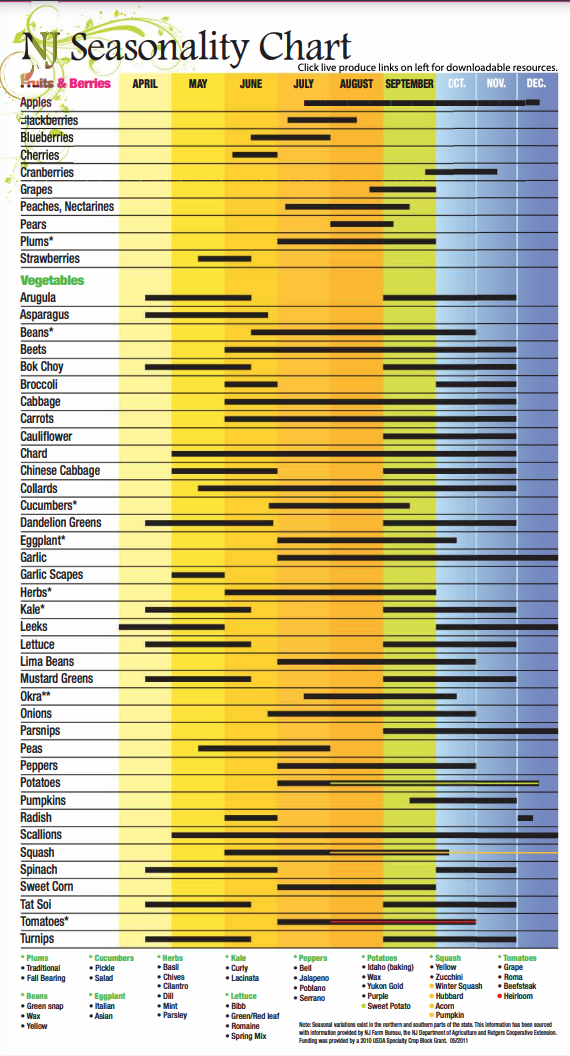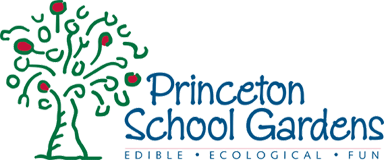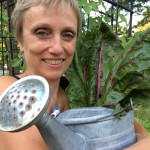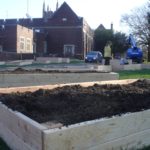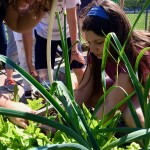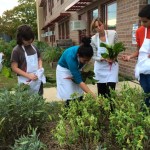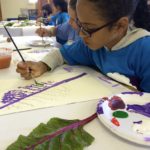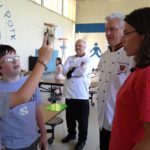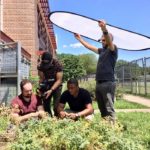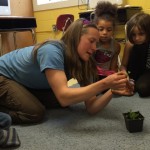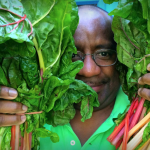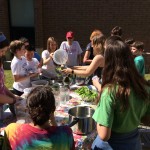Growing seed-to-table food systems literacy since 2005
The Princeton School Gardens Cooperative is a 501(c)3 that fosters equitable garden- and food-based education in the classroom, cafeteria and community. The PSGC uses local and seasonal foods to connect students to their own bodies, to each other, to their families and communities, to curriculum, and to the world – and the future – we share.
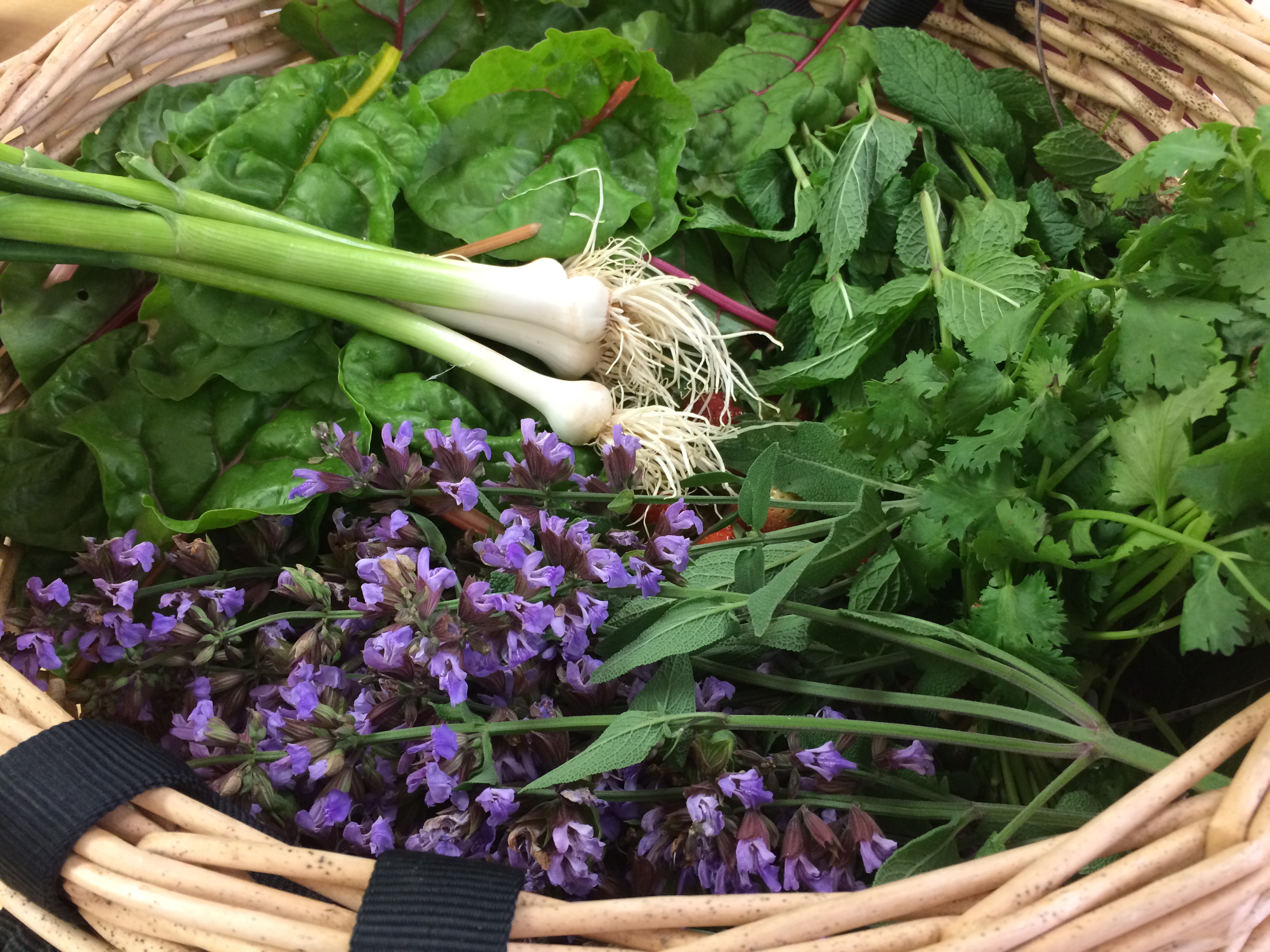
Food Systems Literacy Programs & Projects
Food Systems Literacy coordinator
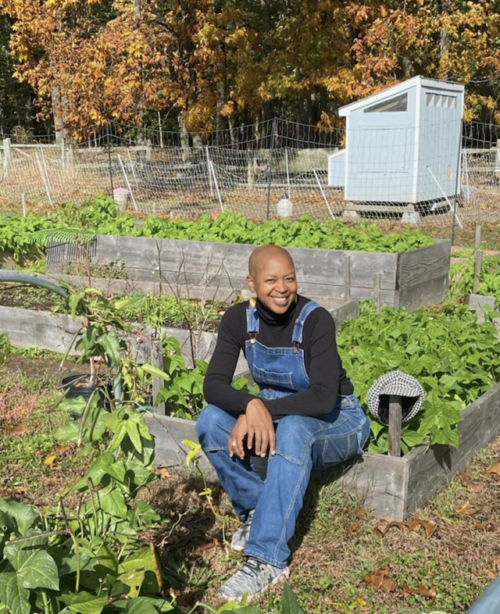
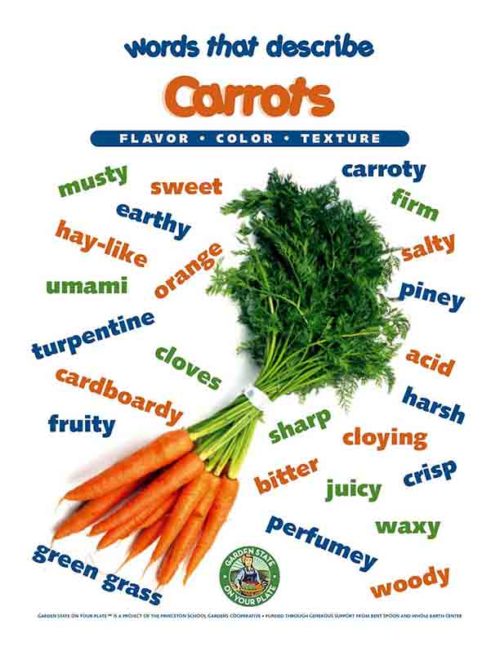
Garden State on Your Plate: Interdisciplinary exploration of place, palate, planet

The Garden State on Your Plate program brings chefs and farmers into cafeterias at lunchtime to serve samples of simply prepared and seasonal produce. For the February schedule of sweet potato tastings at each of the district’s elementary schools and the middle school, click here.
From campus lands to classrooms to cafeterias, this program is the leading edge of food systems literacy efforts at Princeton Public Schools. Garden State on Your Plate is easily adapted to K12 schools across the region.
Outdoors, on campus lands, this interdisciplinary program, in partnership with the district’s facilities and groundskeeping department, spans study of interacting natural systems required for all life. It uses as its tools a seasonal produce item – nuts, seeds, fruits, vegetables, berries, legumes, beans – for each month of the school year.
Edible Campus educators at each of the district’s six campuses coordinate the planting, tending and harvesting of the items through the growing season, working alongside faculty members who bring students onto campus lands for relevant research and for respite.
Indoors, posters featuring the item are displayed for the month in the halls and in the cafeterias and in the libraries of each of the district’s six schools. An online newsletter recaps the posters and offers recipes and growing tips.
In partnership with Metz Culinary Management, each of the district’s cafeterias includes the spotlighted food on the lunch line on Thursdays, with globally-based recipes and flavorings, including Pan-Asian, African diaspora, Latino-Hispanic, and Indian/Middle Eastern. These foods make direct links to:
• curriculum, including the NJ Climate Change Education mandate;
• diverse cultures within the student population;
• the origins of the food and its pathways to the Garden State;
• current events; and,
• campus lands, each school’s Edible Gardens, and the New Jersey food shed.
The program also aims to build community of the table and increase quality of the school food offerings by everyday incorporation of these produce items. Produce items for the remainder of the school year:
February – sweet potatoes
March – carrots
April – spinach
May – lettuce
June – peas
March Garden State on Your Plate:
Carrots weekly at PPS cafeterias!
| Tuesday, 3/5 | •Asian Chicken Stir Fry w/ Rice • Four-way Mixed Vegetables |
| Week of 3/11 | NA |
| Week of 3/18 | NA |
| Week of 3/25 | NA |
| Week of 4/1 | SPINACH! |
Edible Gardens & Environment
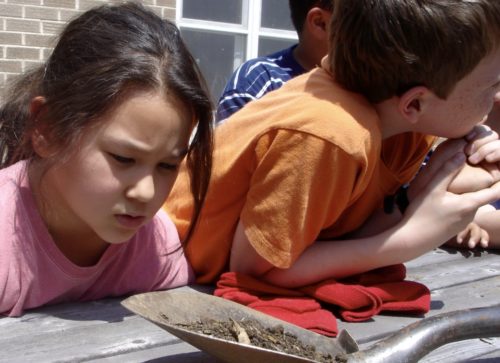
Hands-on Gardening & Cooking
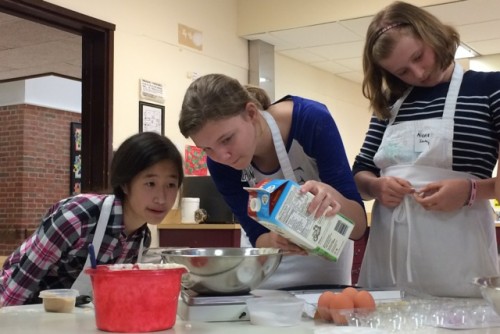
PHS+PMS: Planting a Food Forest
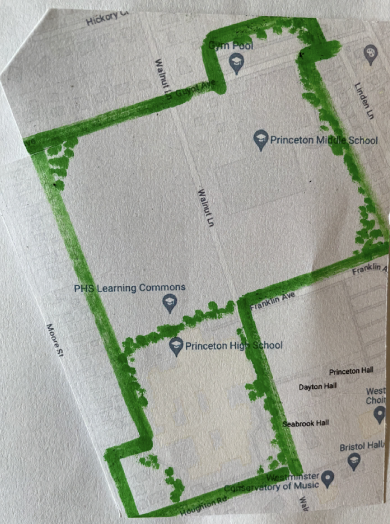
What’s in Season in the Garden State
